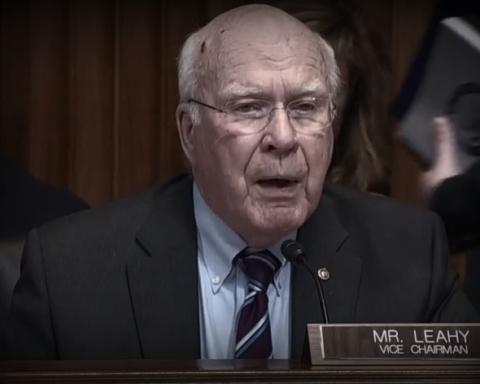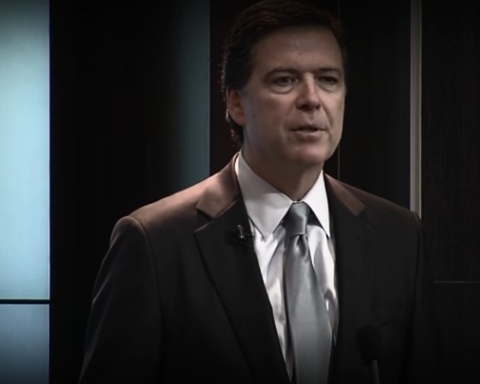The White House will reportedly not advocate for anti-encryption legislation about to make its way through Congress.
The administration “remains deeply divided on the issue” sources told Reuters, and will provide “minimal public input, if any,” on a bill being worked on by leadership on the Senate Intelligence Committee. Sens. Richard Burr (R-N.C.) and Dianne Feinstein (D-Calif.) plan to introduce their measure as early as next week.
The proposal would give federal judges the power to order tech companies to break into cryptographically-secured information at the behest of police. But it may not be as useful to federal law enforcement authorities–and the administration–as it once may have been.
The FBI announced this week that it has purchased new hacking capabilities that allow agents to gain access to a specific iPhone model that had eluded authorities, prompting high-profile litigation against Apple. Last month, the feds abandoned that suit, after it was approached by a third party—reportedly an Israeli data company called Cellebrite—that offered a method of prying into the phone without Apple’s help.
During a speech Wednesday night at Ohio’s Kenyon College, FBI Director James Comey claimed the new tool has limited utility and only applies to the 5C model running Apple iOS9. He also suggested the bureau may be willing to share its tactics with Apple.
“As silly as that may sound, we may end up there. We just haven’t decided yet,” Comey said.
While the administration appears content for now with the gains it has made against encryption in the shadows, the private sector is making the technology even more accessible to consumers, and gaining the support from prominent lawmakers.
On Wednesday, the Facebook-owned messaging platform WhatsApp announced it was deploying default end-to-end encryption for all of its users.
The move was hailed by one of Congress’ most staunchest advocates of online privacy, Sen. Ron Wyden (D-Ore.). “Consumers are demanding the best possible security for their digital communications and WhatsApp is just the latest company moving to meet that demand,” Wyden said in a statement after the company announced its decision.
Sen. Wyden also took aim at the scare-tactics being used by law enforcement officials against encryption technology. “While some continue to spread fear about modern technology, the fact is strong encryption is essential to Americans’ individual security,” he said.








